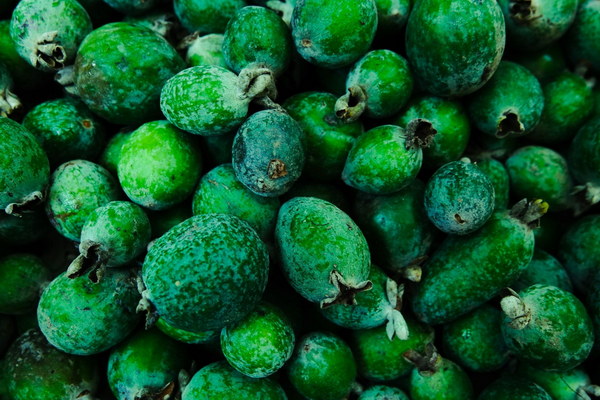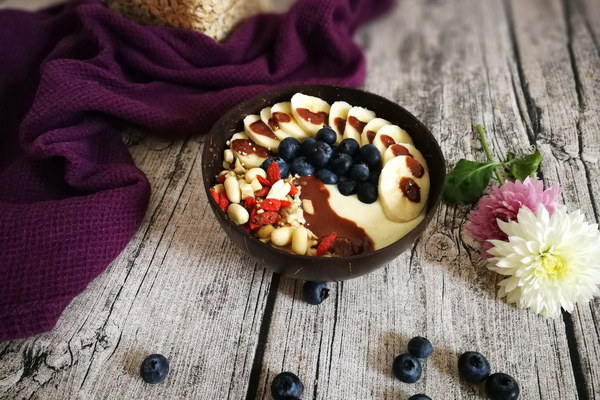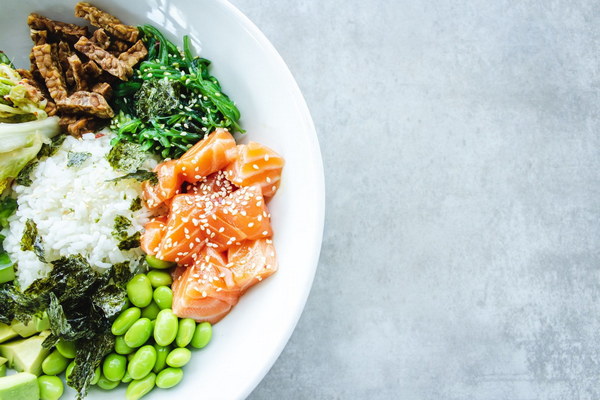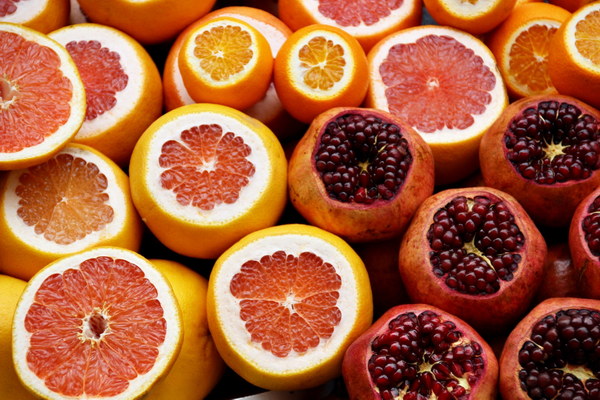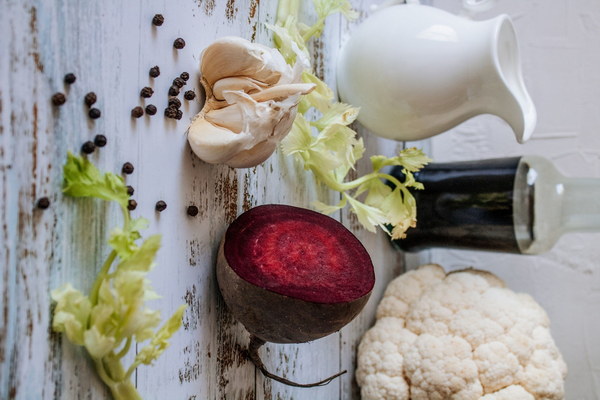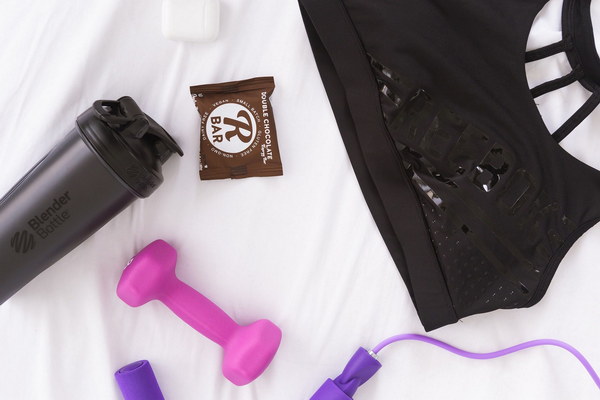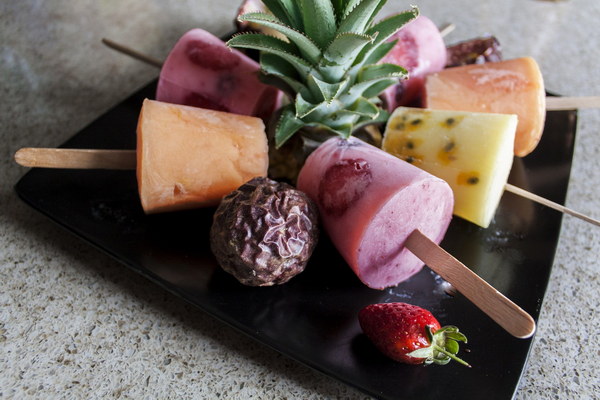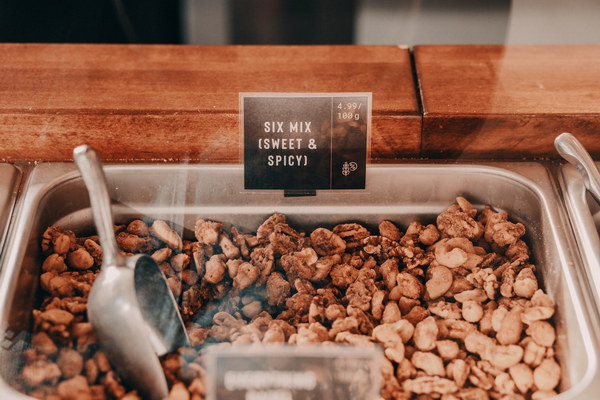Balancing Body Heat A Guide to Tackling Low-Yang with Traditional Chinese Medicine
In Traditional Chinese Medicine (TCM), body heat, or what is known as low-yang, is a condition where the body's internal energy, or Qi, is not balanced, leading to various health issues. Symptoms of low-yang include fatigue, dizziness, lack of appetite, cold extremities, and a tendency to catch colds easily. This article aims to provide a comprehensive guide to balancing body heat using TCM principles and practices.
1. Understanding Low-Yang
Low-yang, also referred to as deficient body heat, occurs when the body's internal fire is not adequately nourished. This imbalance can be caused by various factors, including poor diet, excessive stress, lack of sleep, and inadequate exercise. In TCM, balancing low-yang involves strengthening the body's Yin and Yang energies to restore harmony.
2. Diet and Nutrition
A well-balanced diet plays a crucial role in balancing body heat. The following dietary recommendations can help alleviate low-yang symptoms:
a. Emphasize cooling foods: Incorporate cooling foods such as watermelon, cucumber, and celery into your diet. These foods help to reduce internal heat and promote hydration.
b. Avoid spicy and hot foods: Spicy and hot foods, such as chili peppers, garlic, and ginger, can exacerbate low-yang symptoms. Instead, opt for milder flavors and seasonings.
c. Consume Yin-nourishing foods: Foods with a cooling and nourishing effect on the body's Yin energy, such as almonds, walnuts, and black sesame seeds, can help balance body heat.
d. Include warm, nourishing foods: Incorporate warm, nourishing foods like chicken, beef, and fish to boost your body's Yang energy, which can help restore balance.
3. Herbs and Supplements
TCM utilizes a variety of herbs and supplements to address low-yang. Some commonly used herbs include:
a. Rehmannia (Shu Di Huang): Known for its cooling and nourishing properties, Rehmannia is often used to replenish Yin and balance body heat.
b. Astragalus (Huang Qi): This herb helps boost the immune system and strengthen the body's overall Qi, which can help alleviate low-yang symptoms.
c. Codonopsis (Dang Shen): Codonopsis is a Qi-tonifying herb that can help improve energy levels and alleviate fatigue associated with low-yang.
4. Acupuncture and Massage
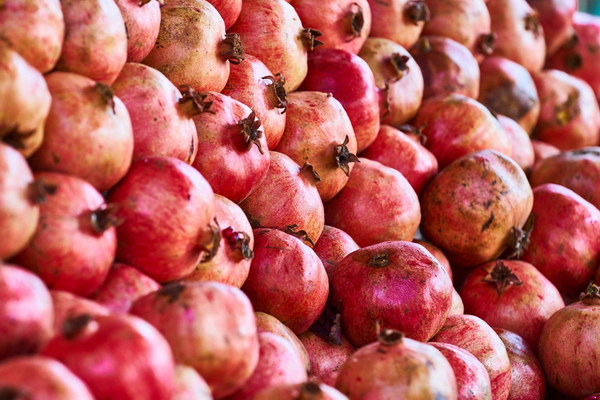
Acupuncture and massage therapy can be effective in addressing low-yang by balancing the body's Yin and Yang energies. During acupuncture sessions, fine needles are inserted at specific points on the body to stimulate Qi flow and promote healing. Massage therapy, particularly with techniques that focus on meridian balancing, can also help restore harmony to the body's energy system.
5. Exercise and Lifestyle
Regular exercise is essential for maintaining a healthy body heat balance. Engaging in gentle, low-impact activities such as walking, tai chi, or yoga can help boost the immune system and improve overall well-being.
In addition, adopting a healthy lifestyle is crucial in addressing low-yang:
a. Ensure adequate sleep: Aim for 7-9 hours of quality sleep per night to allow the body to rest and rejuvenate.
b. Manage stress: Chronic stress can contribute to low-yang. Practice stress-reducing techniques such as meditation, deep breathing exercises, or spending time in nature.
c. Limit alcohol and tobacco: Alcohol and tobacco can exacerbate low-yang symptoms. Limit or eliminate these substances from your lifestyle.
By incorporating these TCM principles and practices into your daily routine, you can effectively balance body heat and alleviate symptoms of low-yang. However, it is essential to consult with a qualified TCM practitioner to develop a personalized treatment plan that suits your specific needs.
